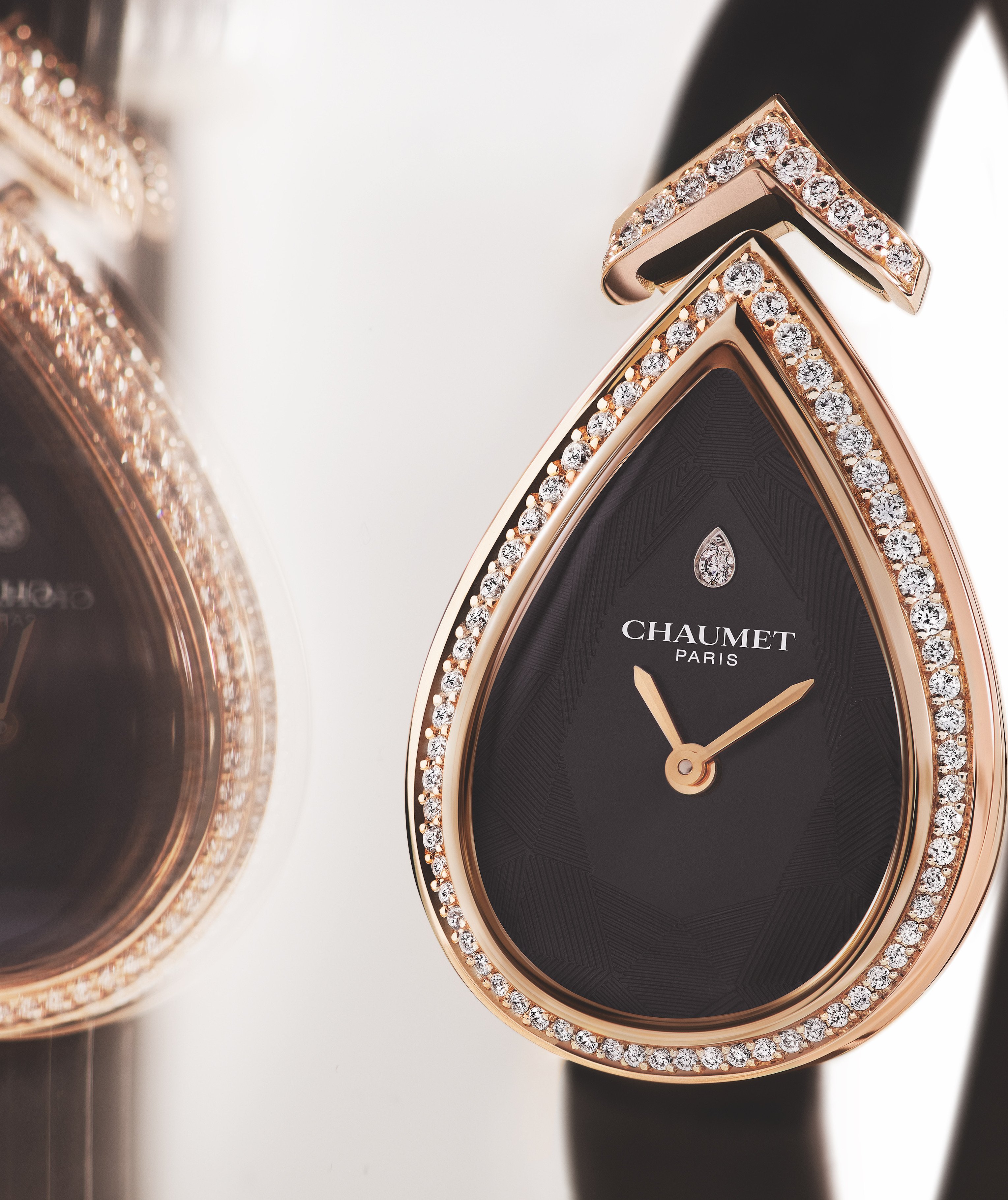
In 1870, Marie-Étienne Nitot, founder of French luxury jeweller Chaumet, was appointed court jeweller to Emperor Napoleon I, who was determined to establish Paris as Europe’s center for lavish design.
Nitot, who began his career as apprentice to Marie Antoinette’s jeweller before establishing Chaumet in 1780, had previously been tasked with fashioning a coronation sword for the Emperor and the papal tiara for Pope Pius VII.
His innovative and elegant designs were a smash success, and it wasn’t long before the pieces earned him a reputation as one of the most sought-after jewellers in all of Europe—so much so that Napoleon decided to appoint him not only as jeweller to the Imperial Court, but as personal jeweller to his wife, Empress Joséphine, who had a particular passion for art and design and supported many young painters, sculptors, and artisans.
Josephine de Beauharnais’s Portrait of Josephine (1801). Photo by The Art Collector/Print Collector/Getty Images
Despite Nitot’s many successes, it was this relationship with the empress that cemented his place in high-jewelry history. Over the years, Nitot and Joséphine became close collaborators and even closer friends, working together to create some of the most audacious and popular jeweled tiaras of their time.
In the 241 years since Chaumet’s founding, Empress Joséphine remains the house’s foremost muse, her free spirit still imbuing many of its present-day collections and design choices.
In celebration of her life, Chaumet has added 13 new pieces to its Joséphine collection, conceived in her honor, that center on her favorite gem style: the pear.
Photo courtesy Chaumet.
The highlight of the collection, which includes necklaces, earrings, bracelets, and rings, is arguably the Joséphine Aigrette watch, a brand-new piece that brings the magic of its pear-shaped face to life with the use of trompe l’oeil, employing 12 graphic facets to make the face appear like a sparkling diamond.
(The face does feature a real diamond, too—a brilliant-cut stone that sits at the 12 o’clock mark.)
The object comes in white, rose gold, or pavé with multiple strap options—leather for the day, or satin for the evening—with a dial in white, black, or shimmering pavé.
The timepiece measures is fastened onto a bracelet that wraps around the wrist in lieu of a buckle or clasp.
Photo courtesy Chaumet.
The piece and the collection it comes from also celebrates “Joséphine and Napoleon,” Chaumet’s forthcoming summer exhibition conceived in homage to life and the love story of the emperor and his empress, to which the house’s founder was a unique witness.
The exhibition opens on May 8, marking the bicentenary of Napoleon’s death, and runs through July 18. It will be free and open to the public.